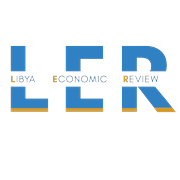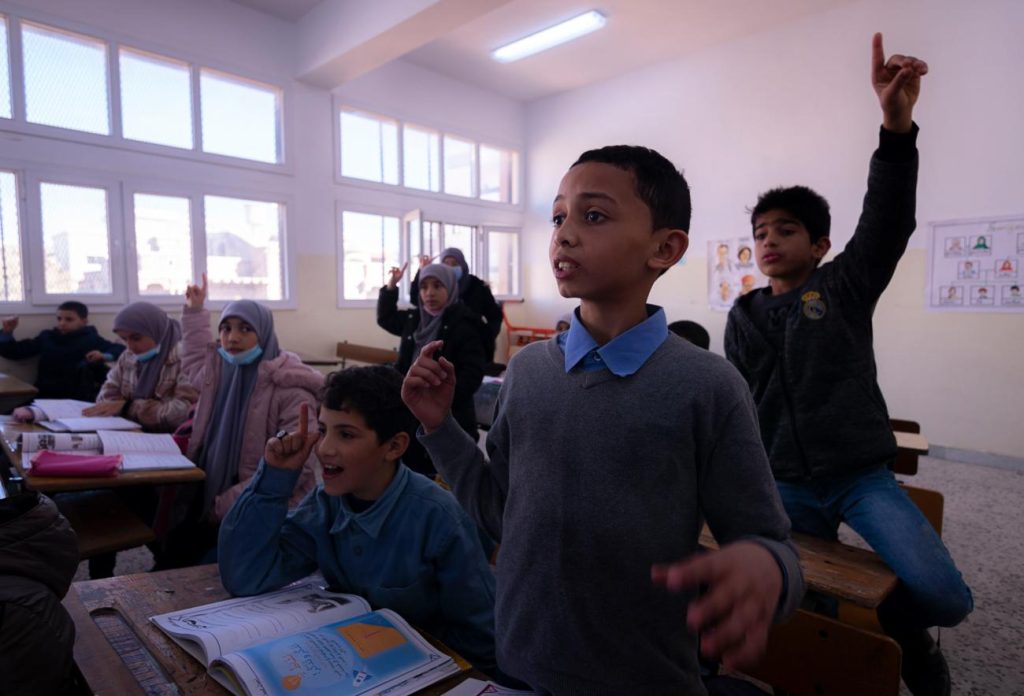Libya Education Reform: Dbeibah Appoints New Curriculum Chief After Textbook Scandal
Prime Minister Abdul Hamid Dbeibah has appointed a new head of Libya’s educational curriculum department following a high-profile school textbook scandal. Dbeibah named Abubakr Al-Hashimi to lead the national Curriculum and Educational Research Center, days after Libya’s attorney general jailed the acting education minister and the previous curriculum chief amid a probe into textbook procurement. Prosecutors say the investigation uncovered irregularities in contracts to print schoolbooks for this academic year and “negligence” that left nearly two million students without books on time. The 2025–26 school year, which began over a month late, saw parents across Libya forced to photocopy materials due to the shortage of free state-issued textbooks.
Schools and Content Debates
Libya’s education system has long been plagued by the country’s political splits. After a 2014 schism created rival governments, eastern and western authorities even developed different school curricula. Although a 2020 cease-fire formally reunited national institutions, efforts to align textbooks and syllabi have lagged. Successive unity governments have struggled to produce a single, unified curriculum acceptable in all regions. This has given rise to debates over what Libya’s children should learn – and how history, religion, and identity should be portrayed in state textbooks.
Recent years have seen controversy over religious content in particular. Last year, the eastern-based administration introduced a Saudi-influenced Islamic studies text in local schools, sparking an uproar among religious authorities in the west. Libya’s Grand Mufti, Sheikh Sadiq al-Ghariani, lambasted the book as an imported Salafi doctrine that imposed the Saudi Hanbali school of thought over Libya’s traditional Maliki Sunni teachings. He warned that forcing the Saudi curriculum on Libyan students would raise children on a creed different from their parents’ and grandparents’, sowing confusion and division. Other scholars likewise cautioned that the eastern government’s move risked religious chaos in a country where the Maliki school has prevailed for centuries. Decisions related to the nation’s curriculum carry ideological weight, becoming a battleground between conservative and moderate interpretations of Islam in schools.
Political narratives in textbooks have also been sensitive. During Muammar Ghaddafi’s 42-year rule, education was tightly controlled and often doubled as regime propaganda. After the 2011 revolution, new authorities purged many of the old slogans and updated history lessons to reflect the uprising. But as Libya’s post-revolution civil conflicts intensified, rival factions grew wary of how events were described in the other side’s textbooks. Each side has accused the other of bias – whether in the portrayal of the 2011 “February 17 Revolution,” the subsequent split between east and west, or the role of figures like eastern military commander Khalifa Haftar. Unifying these disparate narratives remains a challenge. Dbeibah’s government has signaled an intent to modernize and standardize school materials nationwide as part of a broader reconciliation process. The hope is that a single national curriculum, developed by professionals, could reinforce social cohesion after years of division. Yet achieving that will require navigating lingering mistrust over whose version of history and values will be taught.
Broader Agenda and Reactions
By shaking up the leadership of the curriculum center, Dbeibah appears to be addressing both an immediate crisis and longer-term policy goals. The textbook fiasco has angered parents and teachers across Libya, underscoring deep-rooted governance failures in the education sector. Observers warn that the prolonged lack of schoolbooks – nearly six weeks into the school year – has eroded public trust in authorities. Dbeibah’s swift appointment of a new curriculum chief allows him to show he is taking action to fix a critical public service. It also gives him an opportunity to install an ally who can implement overdue reforms in curriculum planning and textbook distribution. As the interim leader of the U.N.-backed Government of National Unity, Mr. Dbeibah has often used high-profile appointments in his bid to bolster his administration’s legitimacy.
Educators, for their part, have welcomed any step that might break the logjam. With many schools still waiting on deliveries of core textbooks, teachers from Tripoli to Benghazi have been scrambling to keep lessons going. Some schools have received less than half of their required books, forcing instructors to photocopy pages or rely on outdated digital copies in class. “Without textbooks, teachers are struggling to explain lessons or assign homework,” one principal in Benghazi lamented as his staff made do with makeshift materials. The Education Ministry has promised that printing is now back on track under emergency measures, but frustration remains high. The new curriculum director will face immediate pressure to get remaining books into classrooms and ensure such shortages do not recur.
Reactions from Libya’s divided political camps have been predictable. Officials in Dbeibah’s Tripoli-based government have praised the prosecutor’s intervention and the subsequent shake-up as necessary house-cleaning. (Notably, this is the second Libyan education minister in a row to be ensnared in a textbook scandal – the prior minister was convicted earlier this year over a 2021 shortage). Dbeibah’s critics, however, argue that the crisis was self-inflicted, blaming his government’s procurement process. In the east, the rival administration aligned with the House of Representatives has long run its own education ministry and is unlikely to recognize Tripoli’s new curriculum appointee. Eastern leaders have pointed to the GNU’s failure to supply books as evidence of its incompetence, even as schools under their authority suffer from the same shortfall. There was no immediate formal comment from eastern officials on al-Hashimi’s appointment. Education observers note, though, that unless Libya’s two administrations cooperate on a unified strategy, any curriculum reforms rolled out in the west may not be implemented in the east – perpetuating the very divides the reforms aim to heal.
Ultimately, the stakes extend beyond textbooks. A unified curriculum is seen by many as part of Libya’s broader national unification effort, alongside plans for elections and security integration. If Mr. Al-Hashimi can push forward long-delayed curriculum reforms, it could mark a small but significant step toward stitching the country back together academically and culturally. Reunifying Libya’s curriculum has been an official goal since the 2020 truce ended open warfare between east and west. The coming months will test whether a new face at the curriculum center can accelerate that process – or whether entrenched interests and political rivalry will continue to hold the education system hostage. For Libya’s students and teachers, desperately in need of stability and resources, the outcome will be felt in every classroom.




